Post
A catch
Save a catch to start your fishing logbook. You will be able to to share it with the community if yo want!
A fishing trip
Post an ad to go fishing with other fishermen
Save a catch to start your fishing logbook. You will be able to to share it with the community if yo want!
Post an ad to go fishing with other fishermen
Share a thought, a question with the community
My favorite cities
×Keep your rods ready for Lockridge in Jefferson. The fishing forecast is currently 2. The most caught fishes here are the moapa dace, the yellow perch , the atlantic salmon and the smallmouth bass. Come try the most famous fishing techniques like the support fishing for bass, angling - using natural bait, fishing with traps or surfcasting.
Our fishing forecast of Lockridge indicates the best time to go fishing in this city.
The Moapa Dace
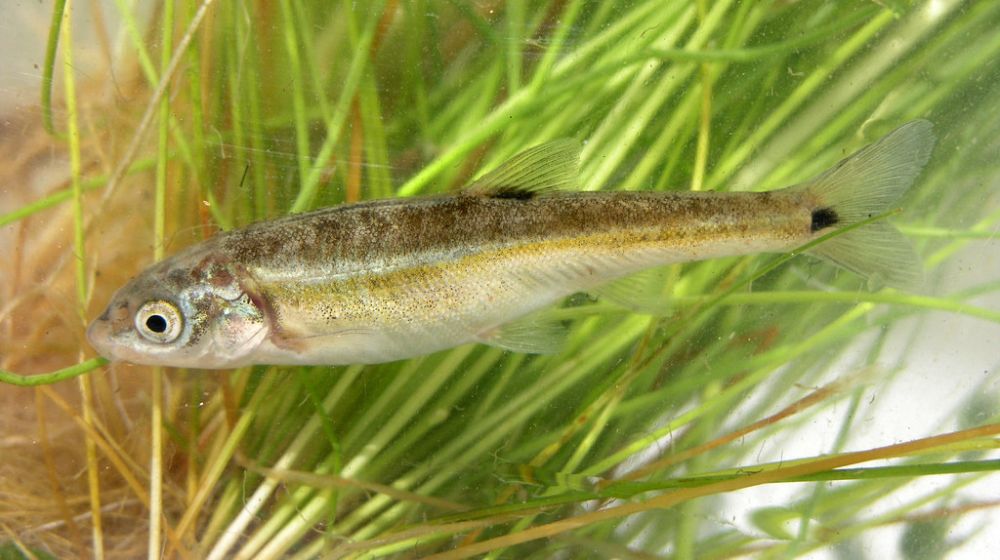
The Moapa Dace belongs to the Cyprinidae family. It has an average size of 10 to 13 cm. It has a lifespan of 4 years old. It may spawn throughout the year with a maximum activity in spring. It is an endangered species so the fishing is prohibited. It is a small fish with a short head, a terminal mouth and thick, semiconducting lips. The dorsal fin begins above or slightly behind the insertion of the pelvic fins and the caudal fin is forked. The dorsal color is dark, the sides are brownish with slightly golden areas and the ventral color is light. There is a dark spot on the tail and a dark line on each side of the body. The scales are small and deeply inlaid and the skin looks like leather. Some dace species have a small maxillary barbell, but not the species.
The Moapa Dace is a famous fish you can catch in Lockridge.The Yellow Perch
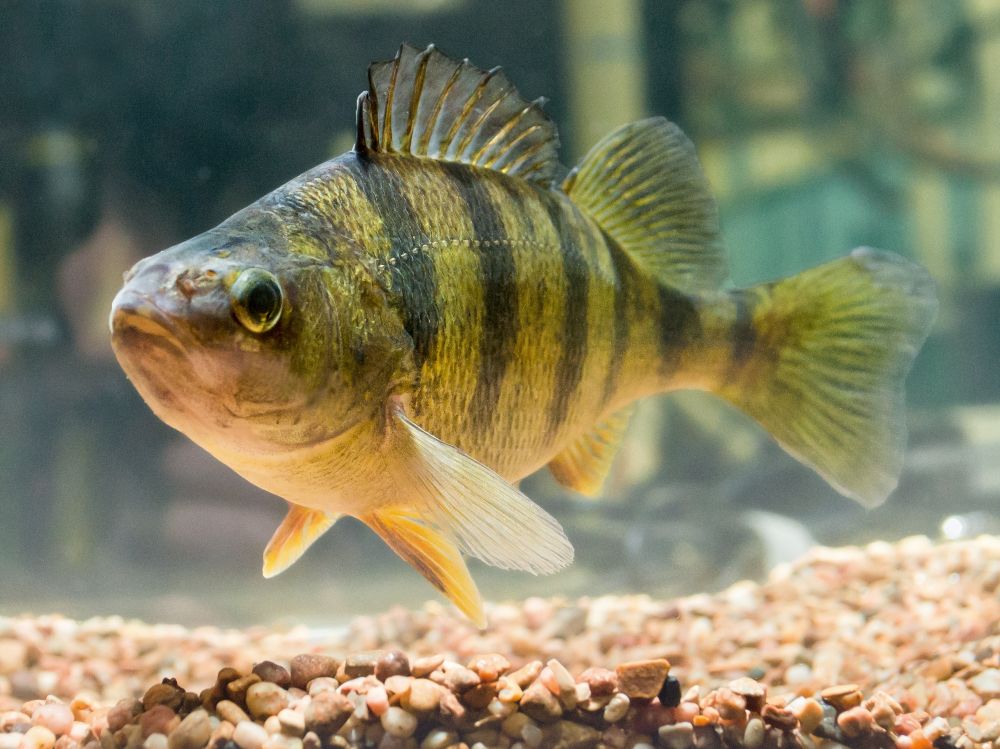
The Yellow Perch belongs to the Percidae family. The yellow perch measures on average 10 to 25 cm in length and weighs between 50 and 200 g (up to 36 cm for 500 g). The average lifespan is about 7 years. It breeds from April to May. It can be fished all year round. Its body is elongated and oval. Its head is moderately high and rounded at the tip. Its snout is obtuse and moderately long; it does not extend beyond the lower jaw. The mouth is terminal and slightly oblique. The jaws have small teeth. The operculum is finished with a strong thorn. There are 2 distinctly separated dorsal fins. The first dorsal spine is high and rounded, the spines are strong, the rays vary from 13 to 15. The second dorsal fin is almost as high, with 1 to 2 spines and 12 to 15 rays. The caudal is slightly forked. The color of the yellow perch varies according to its size and habitat. The back and dorsal surface of the head vary from bright green to golden brown to olive. The sides are pale yellow to yellow-green with about 7 vertical black bars of decreasing width. The ventral face of the head and body varies from grey to milk white. The dorsal and caudal fins range from yellow to green; the edge of the first dorsal fin is often black. In males in spawning livery the colors will be more intense: in particular, the pelvic and anal fins which are then bright orange.
The Yellow Perch is a famous fish you can catch in Lockridge.The Atlantic salmon
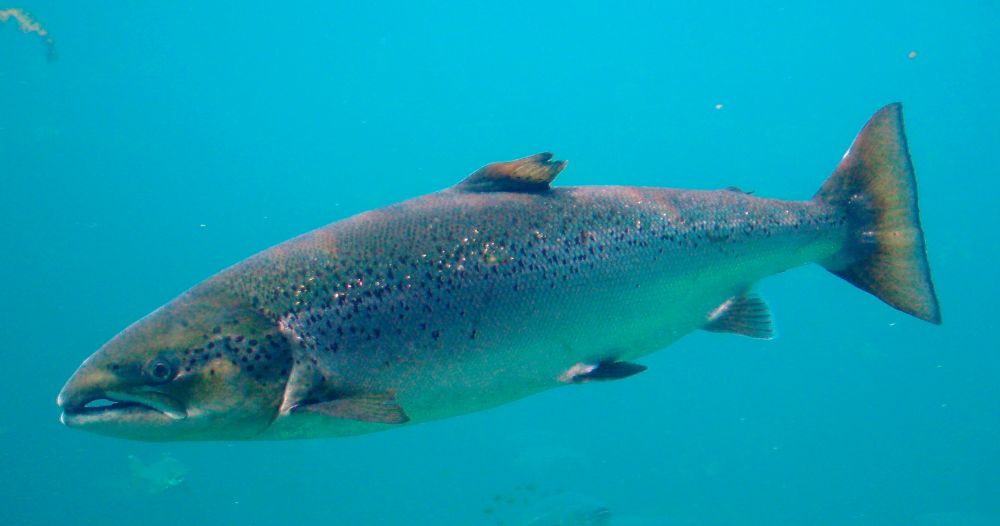
The Atlantic salmon belongs to the Salmonidae family. Atlantic salmon can measure up to 1.50 m in length and weigh up to 36 kg. The average longevity of Atlantic salmon is estimated at 10 years. It breeds from October to November. The female lays 1500 to 1800 eggs per kg of weight. It can be fished all year round. Atlantic salmon have an elongated and slender body. The anal fin has eight to eleven rays. The caudal is large, concave in adults and forked in young people. The head is small and flattened on top. The mouth is large (split to the posterior edge of the eye) and has strong teeth on the jaws, tongue and palate. The scales are large and visible. The lateral line is straight. Large black dots on a light background form X on the head, back and dorsal fin. The color varies from blue to blue-grey on the back, it is silvery on the sides. It varies during the spawning season, with adults turning bronze to dark brown. They lose their silvery livery when they enter fresh water. Males are marked with red dots on the sides. The young are marked with seven to eleven vertical fingerprints that they will lose when they enter the sea. As spawning approaches, the male's head will change: it will elongate, the lower jaw will develop and bend to form a hook (male "becard").
The Atlantic salmon is a famous fish you can catch in Lockridge.The Smallmouth bass
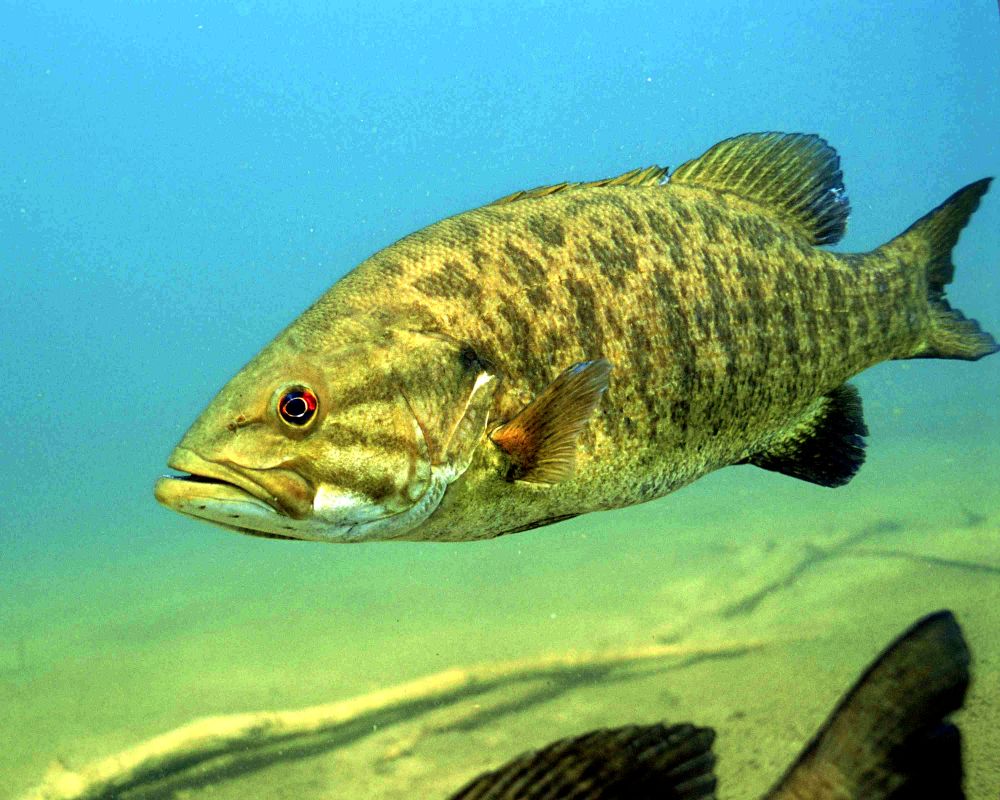
The Smallmouth bass belongs to the Centrarchidae family. The individuals observed measure between 20 and 38 cm. They weigh from 250 g to 1 kg. They can live up to 26 years. They reproduce from May to July. The best time to catch them is in autumn. Smallmouth bass is a fish with a strong body, compressed laterally. The head is broad and elongated. It is adorned with dark bars radiating backwards from the eyes. The back and top of the head are brown or golden brown, green or olive green. Contrary to its vernacular name, its mouth is rather large! Smallmouth bass has a long, rounded snout. The upper jaw does not extend beyond the upper edge of the eye. The anal fin has 3 strong spines. Both dorsal fins are slightly rounded and rather soft. They are linked and seem to form only one fin. The spines of the first dorsal fin are short and of almost the same length. The pelvic fins are joined by a membrane. The caudal fin is forked. The pectoral fins are transparent, all the others are opaque, dark or amber and decorated with black on the rays, spines or membranes. The back is darker and less golden than the sides. The flanks are marked with 8 to 15 thin vertical bars of dark appearance; this characteristic is more pronounced in juveniles. The belly of smallmouth bass is cream to milky in color. Body color varies according to size, but also according to its environment: in clear waters, it is dark and enhanced by pronounced contrasting marks, while in turbid waters, it is lighter and
The Smallmouth bass is a famous fish you can catch in Lockridge.The Rio Grande Silvery Minnow
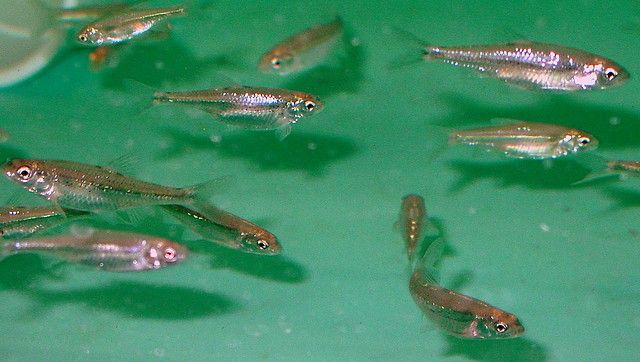
The Rio Grande Silvery Minnow belongs to the Cyprinidae family. The maximum size of the Rio Grande Silvery Minnow is 8.9 cm. It has a life span of about 25 months. It spawns in the spring. It is an endangered species that cannot be caught. It is a small fish with a small mouth. The brown to olive dorsal region with a wide and dark medio-dorsal stripe; silvery lateral region with dark pigmentation forming a diffuse medio-lateral band; white ventral region.
The Rio Grande Silvery Minnow is a famous fish you can catch in Lockridge.Our fishing forecast of Lockridge indicates the best time to go fishing in this city.
Our fishing forecast of Lockridge indicates the best time to go fishing in this city.
Our fishing forecast of Lockridge indicates the best time to go fishing in this city.
